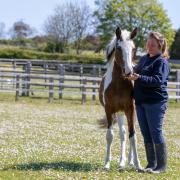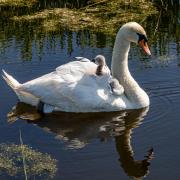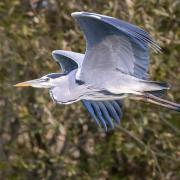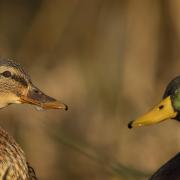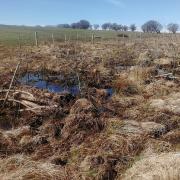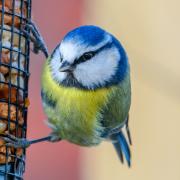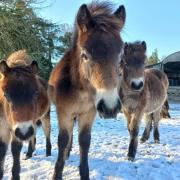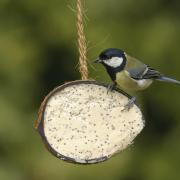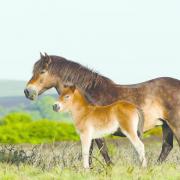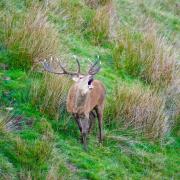The Bumblebee Conservation Trust urges Somerset gardeners to do their bit to help
Summer has arrived and with it the sound of bumblebees buzzing around colourful flowers on a warm sunny day.
Bumblebees are an essential part of the countryside, responsible as they are for pollinating our crops and wildflowers.
However, in the past 80 years, two of the 26 species in the UK have become extinct and several others are now extremely rare.
The Bumblebee Conservation Trust (BBCT), which was set up in 2006 to address concerns about the plight of this much-loved insect, is now calling on gardeners to play their part by creating bee-friendly havens.
Gardeners from Somerset have a particularly important role to play, given that the county is home to an important bumblebee habitat – the Somerset Levels.
One of Britain’s scarcest bees, the Shrill carder, is now only found in seven locations in the UK including Somerset.
Other rare bumblebees found in the county are the Blaeberry bumblebee, Brown-banded carder bee and Moss carder bee as well as the Field, Forest and Southern cuckoo bumblebees.
A plentiful supply of flowers will help increase the likelihood of a colony producing a new generation of bumblebees later in the year.
“Gardens can be a great resource for bumblebees - the bees need flowers from March to October, and increasingly gardens are the only places they can find enough to keep going,” says BBCT data monitoring officer Dr Richard Comont.
“Wildlife-friendly gardening is often portrayed as untidy and nettle-filled. But bumblebees’ main need is for flowers - nectar and pollen will keep them buzzing all summer.”
It is important to choose plants which provide plenty of nectar and pollen but also have a variety of flower shapes to cater for the needs of different bee species.
For long-tongued bumblebees – including the Shrill carder bee - go for plants with tubular flowers such as aquilegia, foxglove and monkshood. Catmint,honeysuckle and Viper’s bugloss are also popular with these species.
Meanwhile short-tongued bumblebees like the White-tailed and Early bumblebees, prefer open flowers - aster, buddleia, cornflower, single-flowered dahlia, delphinium and fuchsia are all good options.Herb gardens with thyme, marjoram and lavender are also fantastic for bees.
The greater the number of suitable flowering plants in your garden the better, but as a rule of thumb you should aim for at least two kinds of bee-friendly plants for each flowering period.
For late-emerging species, such as the Moss carder bee, it is also important to have plants which are in flower into October.
Shrill carder bee:
The Shrill carder bumblebee gets its name from the high-pitched buzz it makes during flight.
Its distinctive colour marks it out from any other bumblebees: it has pale yellow hair on the thorax, with a dark black-brown band between the wings. The abdomen has pale yellow-ginger hairs, but may have darker bands along it, while the tail is ginger-red.
It forages on a wide variety of plants, including vetches and red clover, and needs extensive flower-rich areas to survive.
The Shrill carder nests in long tussocky grass and concerns have been raised about future populations of this scarce bumblebee in the Somerset Levels following the flooding last winter.
For more information on how you can help, visit: bumblebeeconservation.org






